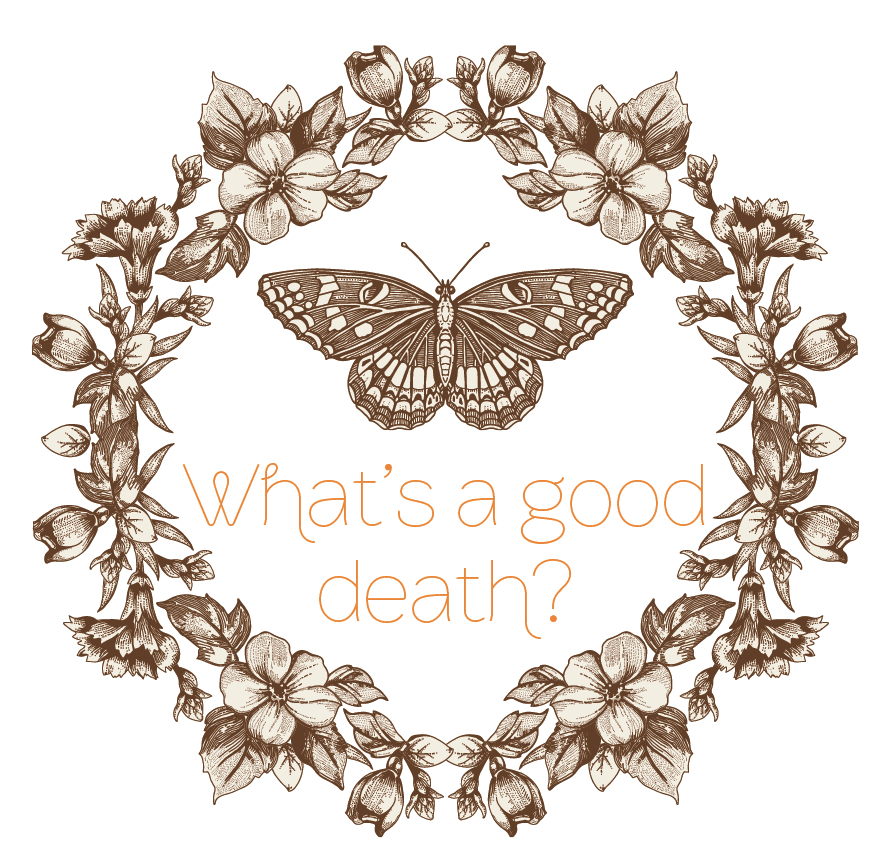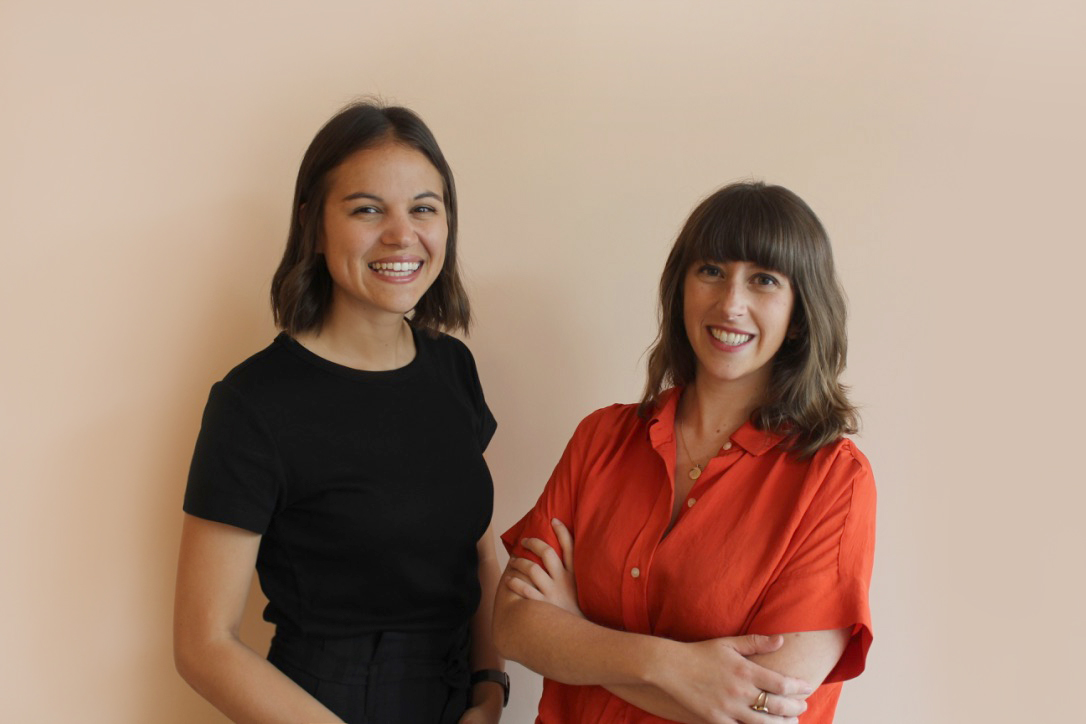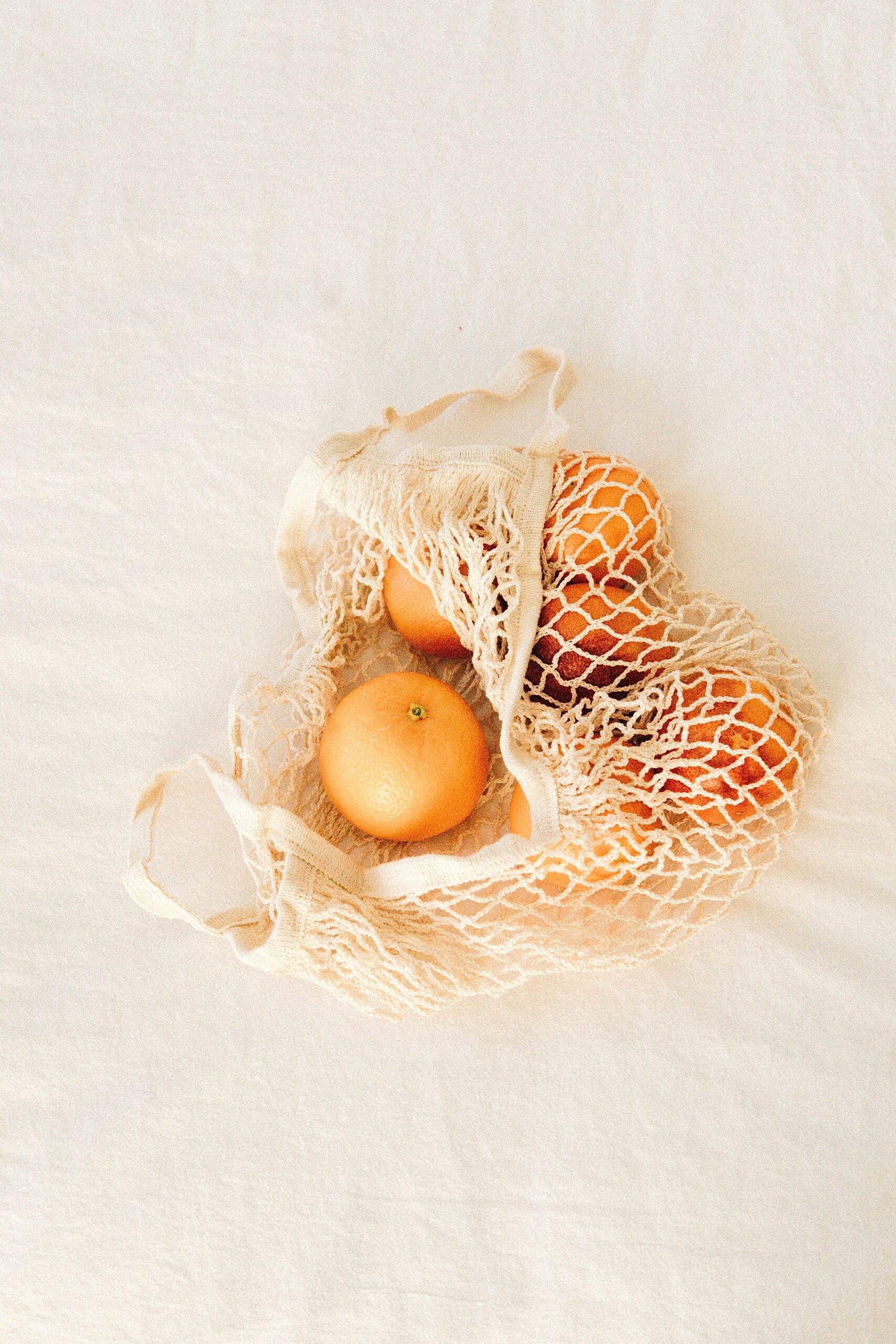As the oddage says, the two surest things in life are death and taxes, but it’s likely you think about one more than the other. Good set the challenge to our expert panel

The bit that happens after the living is done is the one thing that unites all of humanity, but when was the last time you thought about it? We plan a wedding or holiday, we make financial preparations for our retirement, but death is something we just let happen. Beyond the practicalities – the will, inheritance, funeral insurance – how many people think about what sort of death they would like? How much control do you want at the end? What experience of your death and lasting memory would you like your loved ones to carry? Here are three different perspectives.

Chris Foote, The Natural Funeral Company
Chris set up The Natural Funeral Company, based in Auckland, 15 years ago to provide many alternatives not then available through mainstream undertakers.
“I am dealing with people who have already passed away – but the experience of death resonates beyond that person to the friends and family around them. If you are talking about positive experiences of dying, then my job is in part to facilitate that for the loved ones.
My grandmother died when I was 12. She was my love-source, but I wasn’t allowed to take part in her death or her funeral. Someone thought they were protecting me, but I felt lost, cut off.
As a young mother I spent five years researching death – history, customs, beliefs. I knew I wanted to work in this field and put this knowledge to good use for others.
I set up The Natural Funeral Company to offer a mainstream alternative, otherwise the choice was cremation or burial, religious or civil, macrocarpa or pine. Natural to me is not just eco-friendly – it’s about death being a natural part of life. I asked myself, how can we support people at this time? How can we meet their needs?
We spend time with families to find out what they would like, and if it’s legal we’ll do it. We allow friends and family to be involved in the cleansing ritual; bathing, touching and connecting with their loved one, one last time. Our mortuary space is comforting and accessible – they can sleep here if they wish.
Sometimes loved ones don’t know what they want. We spend time with these people, gently encourage and make suggestions. A body in state still has a presence, an impact on the people around. It takes around three days to mentally and emotionally process death – we support families in this time, and give them a place where they can express themselves freely, and connect with the person who has moved on.
Ultimately, I help people say goodbye well, whatever their beliefs.”

Jack Havill, Voluntary Euthanasia Society of New Zealand
After a career as a doctor working in intensive care, Hamilton-based Jack is spending his retirement campaigning for better end of life choices for patients, and is president of the Voluntary Euthanasia Society of New Zealand.
“In intensive care, we struggled to preserve life and get people better. Sometimes we didn’t succeed, and people could be left on ventilators and machines for long periods. Occasionally, we would have to withdraw treatment and allow a patient to die. If the treatment isn’t making them better and they have no life, no ability to live without mechanical assistance, then it’s ethical.
Over time in my work I’ve met people with terminal illnesses, or who live with unbearable suffering, but they aren’t allowed to die in the same way as someone being assisted in intensive care. That to me isn’t ethical at all.
I support the idea of doctor-assisted intervention to help a patient die in these cases. They could say goodbye to their friends and family while they’re still able, and be allowed to pass on peacefully with assistance from a tablet or injection. Currently, this model exists in a number of places across the world including the Netherlands, Switzerland, Vermont, Oregon and soon, Canada.
The purpose of the Voluntary Euthanasia Society of New Zealand is not to help people die, but to change the law. People who are afraid of this change often ask ‘Where’s the line?’ but I don’t believe there is a grey area at all. There’s a clear process doctors would have to go through with competent adults and peer consultation. Families would be included, too. We’re not suggesting anyone would be forced or talked into it, it’s just an option – and data from Oregon shows that if the option is there it gives many people peace of mind, even if they don’t use it.
Research shows that many people are in favour of end of life choices including people of faith. I am a Christian myself. A 2012 Horizon poll showed 62 percent of Kiwis are in favour, so what’s holding back the debate? A good death to me is one on your own terms, without fear and preventable suffering, and that is what we are campaigning for.”

Carol Wales, Companion for the Dying
Carol has spent 15 years working with people to support them through their end of life journey. She describes herself as a midwife for the soul, and also runs a Death Cafe in Westmere, Auckland.
“I’ve never been afraid of death, but was always fascinated by it as a child. Like many people, my first experience of death was with our family cat. I spent time fetching him food and water as needed and just being with him. It was beautiful,
and peaceful.
As I grew older I realised I was naturally attuned to the needs of the dying, and after volunteering for a while in hospices, I decided to offer my services as an end of life midwife. I support patients and families through a process of understanding, as well as helping with immediate needs. For example, a doula might help a birthing mother by explaining what is happening, and offering advice and encouragement. End of life midwifery does the same. I’ve worked with eight people, some for up to a year. It has been a privilege.
I offer people something different to the comfort of a family member, the chance to open up without fear of hurting anyone or being judged. This can move them into a better space for spending precious time with their family and friends.
Just over a year ago, I heard about Death Cafe, a European movement that gives people at all stages in their life the chance to talk about death and dying over a cuppa, in a safe and welcoming environment. Beyond making a will, many people don’t think about dying at all, until it is perhaps right upon them, Death Cafe is a chance to open up.
Through working alongside those at the end of their life, and running Death Cafe my views about what makes a good death have changed. I now feel a good death is actually about living a good life. If you connect with other people, give thanks for the small things and allow yourself to grow, you are more likely to find peace at the end.
Recently, my son said to me that he had been thinking about what it would be like when I’m gone. I encouraged him to think about what he wanted it to be like while I’m still here. We need to be mindful about the now to be fulfilled.”







